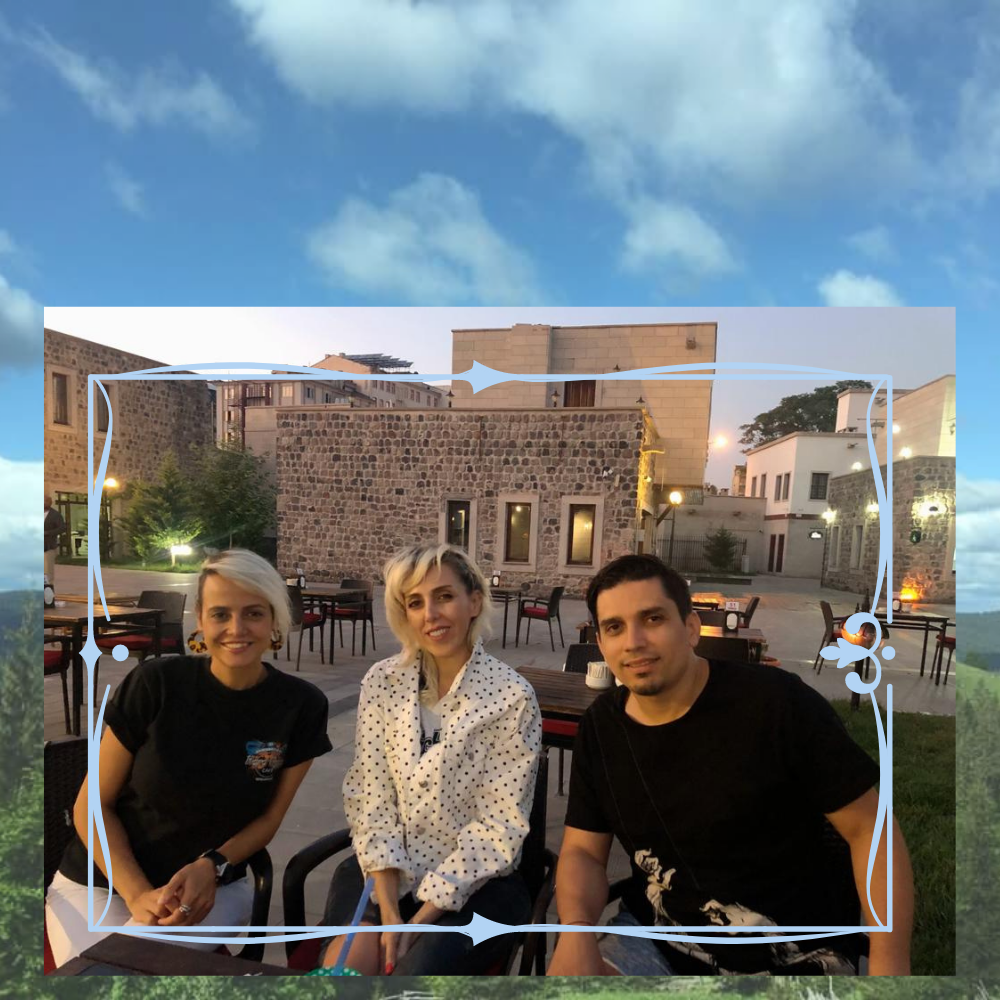Happiness research

Baltasar Gracian says; "All mortals look for happiness, which is a sign that none have happiness." Since human existence, happiness has been one of the concepts that are difficult to define and understand. For this reason, we come across different definitions of this word in daily life, literature and philosophy. The easiest question to answer in human history is what people really want throughout their lives. The absolute conclusion and the only answer is to be happy.

Aristotle believed that happiness is a way of life rather than a tangible state. He thought that by constantly exercising, one could bring out the good sides. According to the Epicurean of the ancient Greek thinkers, happiness did not originate solely from the spiritual world, but rather was heavily related to earthly matters. Nietzsche was critical of happiness. He argued that a peaceful and carefree life was for ordinary people. He disagreed with the constant state of well-being and thought that happiness was a temporary state. Nietzsche went further, describing happiness as the "Ideal State of Laziness". Slavoj Zizek, one of the philosophers of today, states that being really happy depends on personal opinions and it is not a fixed truth. Zizek argues that a person who does not know exactly what he really wants is in a state of constant discontent. Csikszentmihalyi, in his book Flow, states that we cannot reach happiness by consciously seeking, but we can find happiness by focusing on the good or bad details of our lives. According to Csikszentmihalyi, happiness is not pursued, happiness goes after other things, such as the feeling of happiness while achieving the goal of a person who has devoted himself to a higher purpose. According to the one of the pioneers in positive psychology, Martin Seligman, happiness has three dimensions that can be cultivated: the Pleasant Life, the Good Life, and the Meaningful Life. His newest theory, PERMA, has two more elements in happiness: Accomplishment and Positive Relationships.


The way we’re assessing our well-being differs in different cultures. According to a Turkish poet Cemal Süreya “Breakfast must have a relation with happiness.”
We can say that even after hundreds of years, we still haven't been able to reach the ideal state of happiness. Even though we are better off in areas such as health care, access to food, access to information, etc., compared to just 30 years ago, we are alone with the feeling that our lives are wasted and we spend our days filled with anxiety instead of happiness. This is what we feel, we are worried. Is the real reason for this continuous dissatisfaction with human psychology or is it not knowing where to look?

We investigate the common subjective experiences of individuals to understand the clusters of Turkish happiness on social media while adapting the themes to cultural language variations. We conceptualize happiness. We investigate the themes as follows: Socialize, Positive/negative situations, Success, Changes, Health and Pleasure. Table 1 presents our findings which show the happiness elements for Turkish people.



